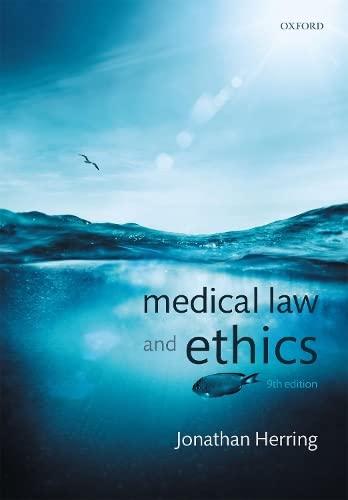Answered step by step
Verified Expert Solution
Question
1 Approved Answer
As part of this week's class I had you watch a lecture by Richard Berk, who is a recognized expert in prediction. He has developed
- As part of this week's class I had you watch a lecture by Richard Berk, who is a recognized expert in prediction. He has developed statistical models that have been used in Philadelphia to predict likely parole failures. Around the 10-minute mark of the video, Richard Berk talks about the fact that mistakes will be made, or that there will be false negatives and false positives (the Darth Vader and Luke Skywalker discussion). He talks about how there is a tradeoff: In order to ensure we are not releasing people who will commit a crime from prison, we will inevitably misclassify those who are not likely to commit a crime as one that may. This raises serious concerns over the fairness of prediction methods in parole. However, consider the alternative. Richard Berk talks about how, in the past, we have relied on clinical assessments in making these decisions, and they have not fared any better in making these decisions. This was also discussed in Gottfredson and Gottfredson, and Burgess even discussed this back in the 1930s. How do you feel about this? Should we be making these predictions if we will inevitably make mistakes? Is the fact that we are more accurately predicting parolee criminality post-release enough to justify these statistical models? If not, should we abandon prediction?if so, what other methods can we develop that can more fairly guide decisionmakers (parole boards) in deciding who to release on parole?
Step by Step Solution
There are 3 Steps involved in it
Step: 1

Get Instant Access to Expert-Tailored Solutions
See step-by-step solutions with expert insights and AI powered tools for academic success
Step: 2

Step: 3

Ace Your Homework with AI
Get the answers you need in no time with our AI-driven, step-by-step assistance
Get Started


